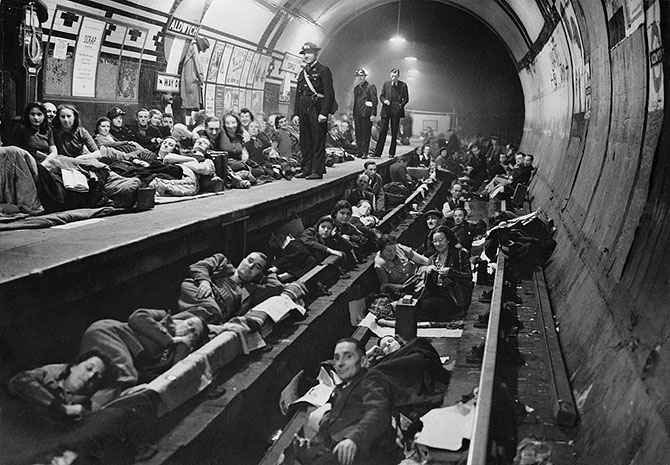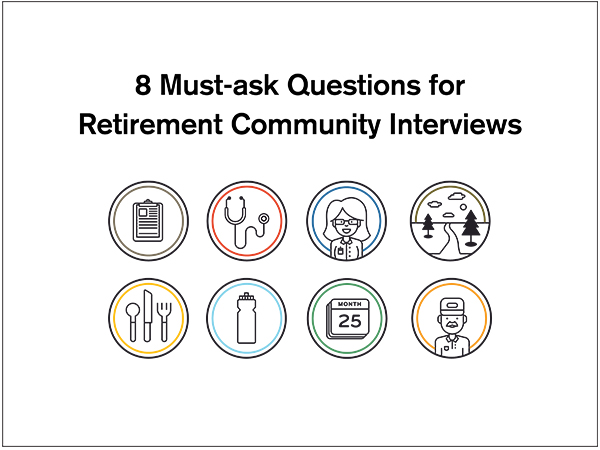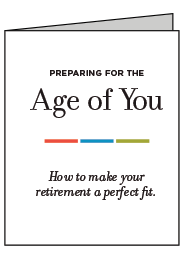When Paradise Valley Estates management asked us not to use the dining room and started canceling Wellness classes due to the coronavirus outbreak, I thought it best to find a good book to read. After all, this social distancing might last a week or two, I thought. I picked Erik Larson’s newest book, “The Splendid and the Vile,” which focuses on Winston Churchill, his family, and England during the Blitz. My mother — Dorothy Womack, now 100 — lived in London during the Blitz. Between September 7, 1940 and May 11, 1941, when the Blitz came to an end, nearly 29,000 citizens of London were killed, and 28,556 seriously injured. “London endured, albeit with grave injuries,” says Larson. Throughout the United Kingdom during 1940 and 1941, civilian deaths reached 44,652 with another 53,370 injured.
I gave my mother a call to talk about this as we were both “locked” into our senior living communities. When I relayed that the Blitz was 80 years ago, she exclaimed, “God, am I that old?”
She remembered leaving Mass when the priest told the congregation that England had declared war on Germany. This led to a year of preparation in England for a possible invasion. My mother worked in a home for seniors, which was converted into an acute care hospital with a surgery unit. She ran the office — “there were no men around; they were all in the service.” It was there, outside of Enfield, that my mother met Mary Churchill when she was admitted to this hospital. Larson’s book quotes extensively from Mary’s diary.
The Blitz introduced them both to a very different London at night. The Luftwaffe bombed at night. No moonlight guaranteed little or no resistance from the RAF. The Luftwaffe’s fire starter group would lead, dropping incendiaries to light the target, and high explosive bombs to destroy water mains. Mary Churchill was part of the Women’s Voluntary Service, in charge of an anti-aircraft gun unit, one of the few defenses available. My mother was “volunteered” to serve fire watch during the bombings.
The family was blessed with a special cat, which escorted my mom to and from the bus stop each workday. But, at night, the cat could hear the air raid warnings and would make a mad dash to the basement. This was their accurate and most successful early warning system. It must have been terrifying to experience this night after night. For my mother, a “stiff upper lip” seemed to prevail.
With the impact of this coronavirus war, I am indignant about the lack of some commodities. How can they be out of toilet paper? Paper towels? Paper napkins? I count these out like they are dollar bills. I asked mother about rationing during that war. She’s never been much of a foodie and said it was her mother’s job to shop and prepare meals, so she “didn’t have to worry about it.” She also knew that in those countries occupied by the Nazis, they had it much worse.




